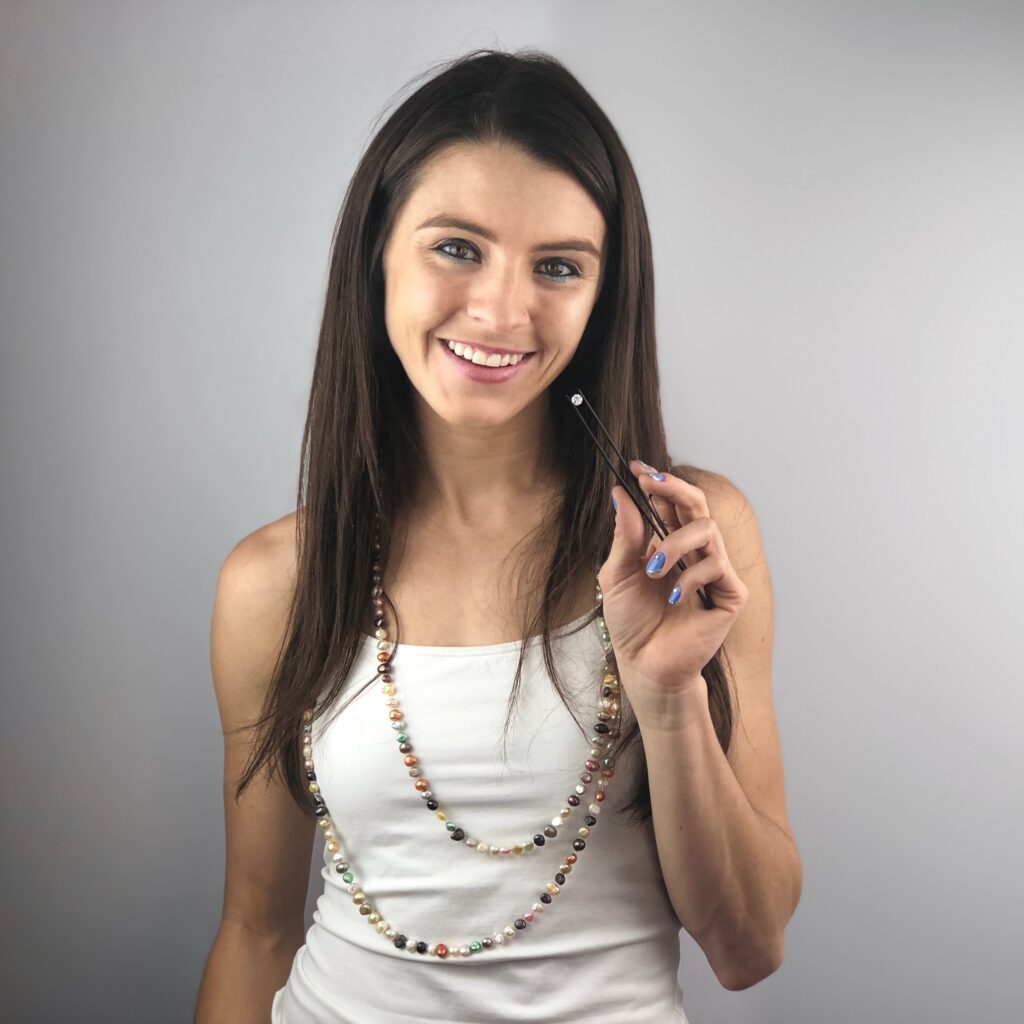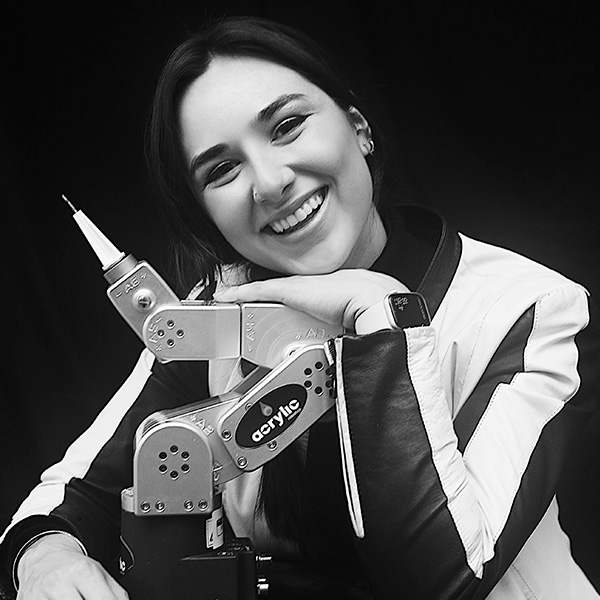On its website, Eterneva says it “radically redefines the way we memorialize.”
It’s not hyperbole.
The Austin, Texas-based company, co-founded by Adelle Archer, BA’12, fashions diamonds from the cremated ashes of loved ones and beloved pets. It does so by extracting carbon from the ashes, which it uses to grow diamonds in a lab.

Credit: Eterneva
Archer was recently named to the business magazine Inc.’s “30 Under 30” list of young standout entrepreneurs. Her company, she says, offers a unique approach for paying tribute to the one or two remarkable people who had a massive impact on your life and who shouldn’t be forgotten. “It’s about sharing the stories behind the diamond.”
Eterneva’s diamonds range from $3,000 to $16,000, with customers spending, on average, $7,000 to $8,000, according to Archer. She estimates the pet portion of their business is about 30 per cent.
Eterneva asks for about half a cup of ashes to make a diamond. (If you don’t have ashes, hair, which also contains carbon, will do the trick.) The process takes about eight months. The diamonds are cut in Belgium, then graded and certified.
White and blue diamonds, the latter to match a loved one’s eyes, are the most popular picks. One customer’s father was a soil scientist, so that diamond was green.
A native of San Luis Obispo, California, Archer majored in political science, and minored in French at McGill where she launched and ran the Libertarian McGill club for three years. “I literally don’t think I could find a single negative about my whole experience there,” says Archer.
After a stint at a non-profit think tank in Washington, D.C., Archer obtained her MBA in Austin and worked at tech companies before launching Eterneva. She was one of the company’s first customers.
When a friend and mentor died, she received some of the woman’s ashes and tried to figure out how to honour her.
“When you go looking, it’s just really kind of underwhelming,” Archer says. “You find urns and you find kind of trinket jewelry stuff, and there’s not a whole lot else.
“It’s really sad to see [someone’s ashes] just kind of stuffed away in a box in a closet,” says Archer. “So for our customers, it’s just something that’s so beautiful and very therapeutic to wear and just feels so much more meaningful.”


